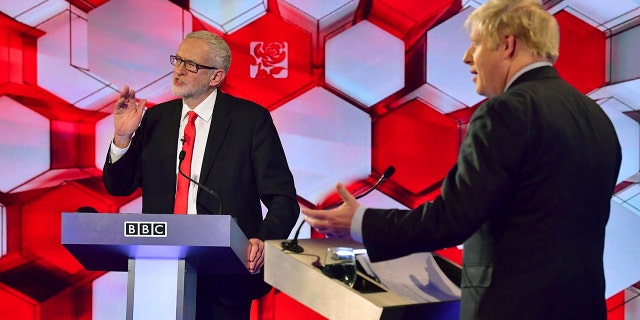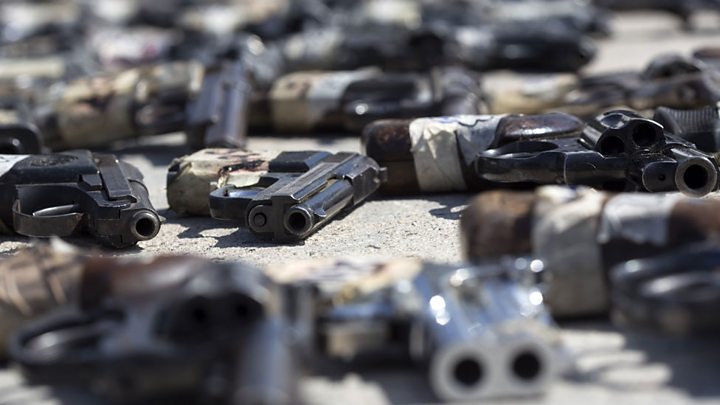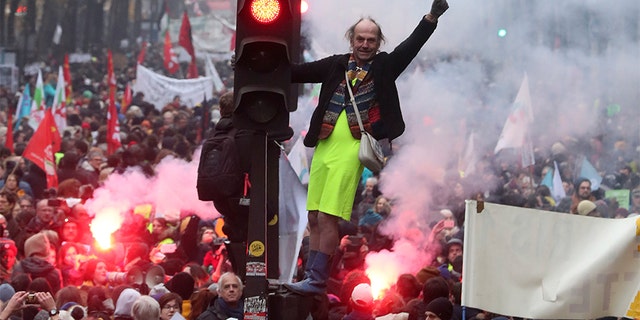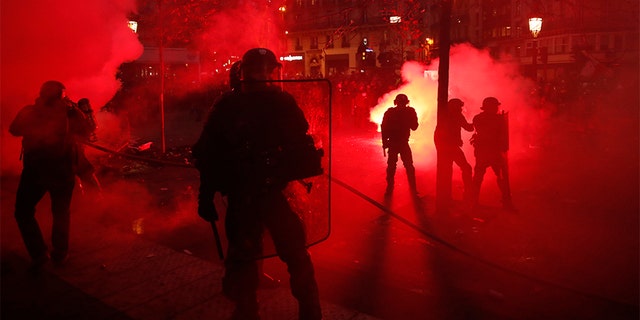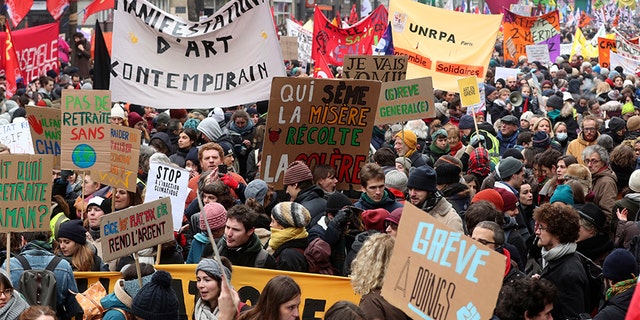
WASHINGTON — Iran on Saturday freed an American graduate student who had been imprisoned in Tehran for more than three years on suspicion of being a spy, in an exchange of prisoners at a moment of high tensions with Washington.
The American, Xiyue Wang, was flown in a Swiss government airplane from Tehran to Zurich, where he was met by Brian H. Hook, the State Department’s special representative for Iran, according to two senior United States officials.
Mr. Wang, 38, was a fourth-year Princeton University graduate student conducting research in Iran when he was arrested there in August 2016. He was charged with espionage and sentenced to 10 years in prison. United States officials deny that Mr. Wang, who had been locked in Tehran’s notorious Evin Prison, was a spy.
In exchange for Mr. Wang’s release, the United States freed Masoud Soleimani, an Iranian scientist who was arrested at a Chicago airport last year and was convicted on charges of violating American trade sanctions against Iran. American officials said that Mr. Soleimani’s release was a low price to pay for Mr. Wang’s freedom because Mr. Soleimani was expected to be released from prison as early as next month under a plea agreement.
The White House confirmed the prisoner swap early on Saturday with a statement from President Trump. Iran’s foreign minister, Mohammad Javad Zarif, also confirmed the deal on Twitter and posted photos of himself accompanying Mr. Soleimani home on an Iranian jet.
The senior American officials, speaking only on the condition of anonymity to discuss the delicate nature of the exchange, said they saw no indication that it portended a larger dialogue with Iran.
As part of a “maximum pressure campaign,” President Trump has targeted the country with severe economic sanctions. Mr. Trump, who withdrew from the Obama-era Iran nuclear deal, has said he hopes to negotiate with Tehran over its nuclear program and regional aggression. On Wednesday, Iran’s president, Hassan Rouhani, reiterated that Iran would be prepared to meet with the parties to the nuclear deal, including the United States, “whenever the U.S. lifts the unfair sanctions.”
Trump administration officials believe Iran may have released Mr. Wang in order to soften its image and deflect attention from a recent brutal crackdown on mass domestic protests. American officials believe the unrest has left hundreds dead and as many as 7,000 imprisoned, drawing condemnation from around the world.
Mr. Hook, who flew to Zurich overnight on an American military jet to meet Mr. Wang on Saturday, briefed reporters on Thursday at the State Department on the crackdown, denouncing “the atrocities the Iranian regime has committed against its own people.”
But it was Mr. Hook, working through Swiss intermediaries who often serve as a diplomatic channel between Washington and Tehran, who negotiated the prisoner exchange.
Mr. Hook has had no direct contact with Iranian officials since a March 2018 meeting in Vienna shortly before Mr. Trump withdrew from the nuclear agreement. In Vienna, Mr. Hook insisted to Iran’s deputy foreign minister, Abbas Araghchi, that Mr. Wang’s transparent activities made clear he was no covert operative. Mr. Araghchi countered that perhaps Mr. Wang had simply not been trained well, according to a senior United States official.
Mr. Wang, who has a wife and a young son, was a student of late-19th- and early-20th-century Eurasian history, according to a Princeton University website. Backed by university funding, he went to Iran in 2016 to study Farsi and conduct archival research for his doctoral dissertation.
Before his visit, Mr. Wang explained in writing his research plan to the Iranian interest section at the Pakistani Embassy in Washington, which issued his visa. “He was not involved in any political activities or social activism,” the university says.
Iran’s government charged that Mr. Wang had been “sent” to the country by Princeton and that he had ties to United States intelligence agencies.
In September 2018, a United Nations human rights panel found that Iran had “no legal basis” for Mr. Wang’s “arbitrary” imprisonment and said he should be released immediately.
Mr. Wang was born in 1980 in Beijing and in 2001 came to the United States, where he was naturalized in 2009. His release follows rumors of a breakthrough in his case, and his lawyer, Jason I. Poblete, tweeted on Wednesday that he was “hopeful there is progress in the near future” for Mr. Wang’s freedom.
Mr. Wang’s wife, Hua Qu, celebrated his release in a statement on Saturday. “Our family is complete once again,” she said. “Our son Shaofan and I have waited three long years for this day, and it’s hard to express in words how excited we are to be reunited with Xiyue.”
Mr. Soleimani, a prominent stem cell researcher who had been treating stroke patients at the Mayo Clinic in Minnesota, was charged with violating American trade sanctions by seeking to transfer growth hormones to Iran without a license. (He is not related to the senior Iranian military commander Qassem Soleimani.) His lawyers argued that the sanctions law at issue was ambiguous and that he had been swept up in rising tensions between the United States and Iran under Mr. Trump.
Mr. Soleimani flew to Zurich on the same aircraft as Mr. Hook, under the supervision of federal marshals.
Iran has long spoken of a potential prisoner swap with the United States. In September, Mr. Zarif told NPR that he had offered to exchange Mr. Wang for Mr. Soleimani.
“The Chinese American in Iran is in jail on a charge on a court case. And I have offered to exchange them, because as foreign minister I cannot go to our court and simply tell them, ‘release this man,’” he said. “I can go to the court and tell them, ‘I can exchange this man for an Iranian,’ and then have a standing, have a legal standing in the court.”
Several other Americans remain in custody in Iran, and Trump administration officials call their release a top priority.
https://news.google.com/__i/rss/rd/articles/CBMiUWh0dHBzOi8vd3d3Lm55dGltZXMuY29tLzIwMTkvMTIvMDcvdXMvcG9saXRpY3MvaXJhbi1wcmlzb25lci1zd2FwLXhpeXVlLXdhbmcuaHRtbNIBVWh0dHBzOi8vd3d3Lm55dGltZXMuY29tLzIwMTkvMTIvMDcvdXMvcG9saXRpY3MvaXJhbi1wcmlzb25lci1zd2FwLXhpeXVlLXdhbmcuYW1wLmh0bWw?oc=5
2019-12-07 11:03:00Z
52780466927325
